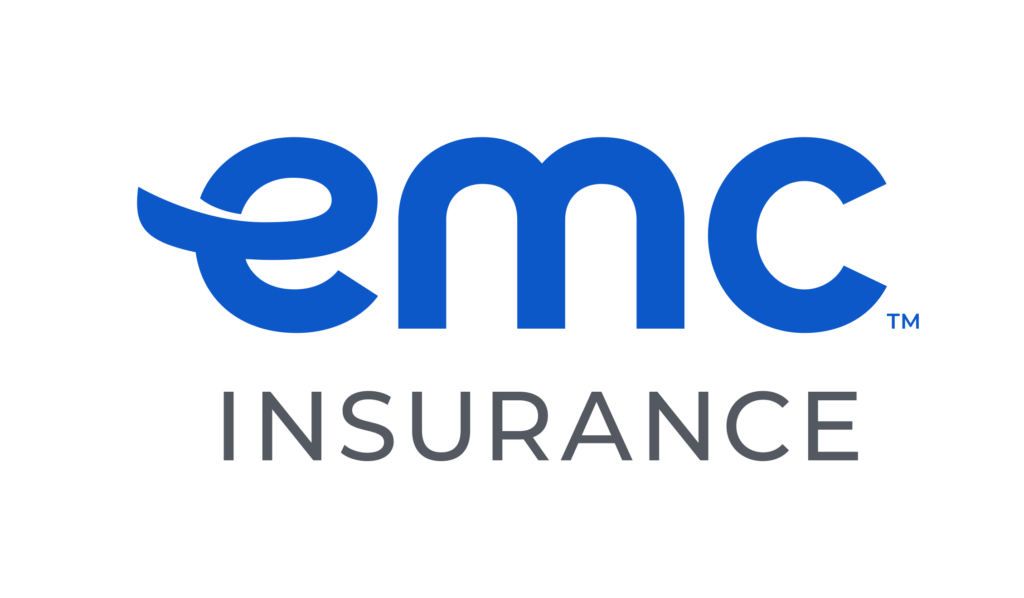SBA clears loan backlog; lending uptick expected

For bowling center operator Larry Weber, hearing that his small business loan would finally move forward was like the crisp, sweet sound of a strike.
Weber, who has owned Air Lanes on Des Moines’ South Side for the past seven years, in June got the ball rolling on a U.S. Small Business Administration (SBA) loan to purchase the building. Though the SBA approved the $1.66 million request in August, he has had to wait for Congress to authorize additional funding. That funding materialized on Sept. 27, when President Barack Obama signed the Small Business Jobs Act of 2010.
Since May, hundreds of business owners across the country have had to decide whether to wait for their lower-fee loans to be funded, or to apply for an SBA loan at the regular rates.
“It was definitely worth the wait,” said Weber, who at one point had nearly 500 business owners ahead of him in a nationwide queue that grew to more than 1,900 approved loans awaiting funding. He estimates he’ll save about $45,000 in fees with the loan he’ll receive through the extended SBA Recovery Loan Program, which offers reduced fees and a higher guarantee of 90 percent, rather than the 75 percent guarantee normally offered.
Those reduced-fee, 90 percent guarantee loans were originally funded with $375 million through the American Recovery and Reinvestment Act, which went into effect in February 2009. Congress approved several extensions of the program before funding ran out again in May.
The SBA estimates the new funding made available by the Small Business Jobs Act will support $14 billion in additional lending through the end of the year. As of last week, the agency had entirely cleared the queue, funding nearly 1,300 loans with more than $586 million made available by the new law. More than $383 million in additional loans to 666 small businesses were funded with money made available from applicants that had dropped out of the queue.
In Iowa, Weber was among 42 business owners who were awaiting funding for about $22 million in loans. All of those loans have now been funded, and there is additional funding available for the reduced-fee loans through Dec. 31, said Joe Folsom, director of the SBA’s Des Moines District Office.
“We should be in really good order to use those tools through the end of December,” Folsom said, “It would appear we have enough to fund anything of a normal level between now and December. So we would encourage businesses that need additional debt capital to (apply) this fall, because they would be able to take advantage of those fee eliminations.”
Folsom said he expects the volume of lending through the 7(a) program, SBA’s broadest category of loans, will pick up quickly. Loans through the 504 program, which are often used to finance purchases of real estate assets, may take longer to ramp back up, however.
“I think what will determine the 504 loan volume will be two things,” he said. “Partially the increase in the lending limit, and also a temporary change allowing us to restructure debt without (the business doing) additional expansion.” The change, effective through September 2012, will enable some owner-occupied businesses to refinance their mortgages into the 504 loan program.
In addition to the immediate funding made available, the Small Business Jobs Act also increased some SBA loan limits, Folsom noted. Those changes include:
• a permanent increase in 7(a) and 504 loan limits from $2 million to $5 million;
• a permanent increase in the Microloan program’s loan limit, from $35,000 to $50,000; and
• a temporary increase in the SBA Express loan limit from $350,000 to $1 million through September 2011.
“It’s going to take some time to get those higher loan limits into place,” Folsom said, because many of the approval processes are automated and the programs will need to be modified.
Whether the changes will prove effective in moving the needle on small business lending remains to be seen, said Tom Gronstal, the state’s banking superintendent.
“The first hurdle is to find the borrower that wants to expand that has the ability to repay,” he said.
Dave Nelson, chairman and CEO of West Bank in West Des Moines, called the Small Business Jobs Act “a very positive piece of legislation for small business.” “We certainly always have been and always will be looking to serve small business, and we look at this as a tool to deliver credit to small business,” Nelson said.
Increasing the loan limit to $5 million from the current $2 million will also benefit West Bank’s small business customers, he said.
“That covers a much broader base of our customers’ needs. We’re very excited about this, and we certainly plan to use it as a tool to better serve customers.”











